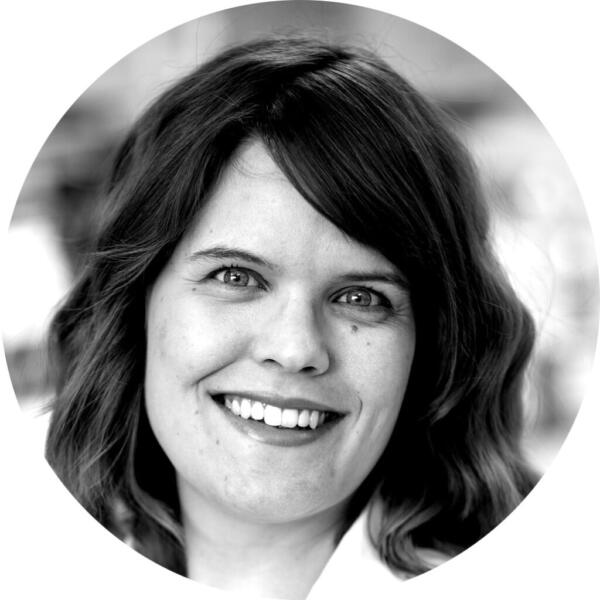Research Fellow, Monash University Australia

Dr. Hill received the Michelson Prize for Human Immunology and Vaccine Research 2020 for: “Exploiting T Follicular Helper Cells as an Innovative Tool to Discover Targets for Long-Lived Humoral Immunity”.
Dr. Hill’s research is focussed on understanding the cellular and molecular mechanisms that underpin robust CD4+ T helper cell responses to vaccination and infection in humans; she’s particularly interested in targeting T follicular helper cells to improve vaccine responses, measuring T cell receptor repertoire alterations after vaccination, and developing novel methods to identify antigen-specific CD4+ T cells.
Dr. Hill studied Biomedical Science at the University of Adelaide and completed a Ph.D. at the Walter and Eliza Hall Institute of Medical Research. In 2015, Dr. Hill joined the Babraham Institute in Cambridge to conduct postdoctoral research. Since 2018, she’s a Research Fellow in the Department of Immunology and Pathology at Monash University.
Why drew you to the field of immunology?
The immune system is like a giant puzzle with so many different pieces that need to work together to keep us healthy. I want to work out how best to engage the right puzzle pieces with a vaccine to generate protection that lasts a lifetime.
I’m long been fascinated by how the immune system can develop a memory of what it has seen previously – we each have billions and billions of B and T cells, each with its own type of receptor that has the potential to recognize a different small part of a pathogen. These cells can wait your whole life to be called upon to act. The complexity and diversity of our T and B cell repertoires are just amazing.
What has been your most impactful scientific finding so far?
Similar to our DNA code, everybody’s immune system is uniquely different. This is a major challenge when developing a vaccine, which needs to works for the majority of people. However, we identified that in the blood of people who had received influenza or malaria vaccine, we could find a number of immune cells (T follicular helper cells) with receptors made from a common DNA sequence. The Michelson prize will enable me to find more of these shared receptor sequences, and work backwards to uncover exactly what it is that the immune system is responding to. I believe that these common targets have great potential to be developed into vaccines.
How will the Michelson Prize help you in your future research?
The Michelson Prize comes at a critical time in my career and will enable me to gain more independence as a researcher. It will support me to continue to study a type of immune cell that is critical for generating long-lived immunity, the T follicular helper cells, but in much greater detail than has previously been studied. With the Michelson Prize, I will focus on Group A Streptococcus infection, which is amongst the top ten global causes of death related to infection, and for which there still is no effective vaccine. I will be supported by the prize to apply cutting-edge technologies to study hundreds of thousands of cells in molecular detail, with the aim to develop a novel approach to vaccines design that exploits similarities in the receptors on these cells to pinpoint what to target on a pathogen to make an effective vaccine.